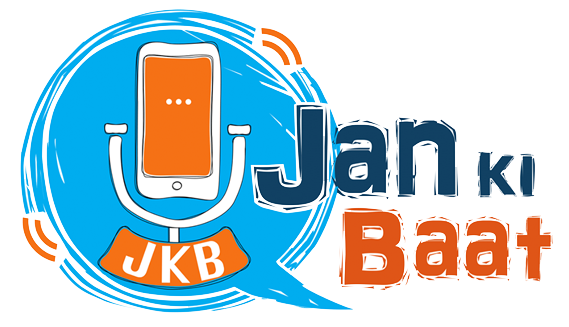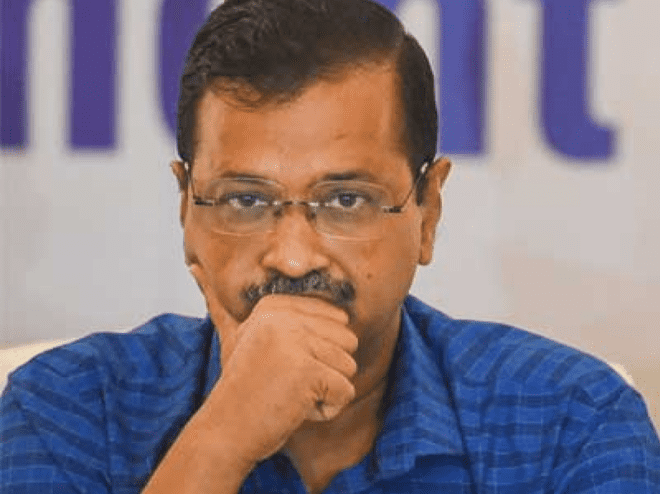The Aam Aadmi Party (AAP) has attracted considerable media attention for its ambitious educational reforms in Delhi, aiming to bring government schools in line with the standards of private institutions. While media coverage and electoral success suggest public approval of these initiatives, a closer examination reveals a more complicated and nuanced reality. This article critically explores the challenges and unintended consequences of AAP’s education policies, particularly in relation to teacher experiences, neoliberal influences, and the role of corporate philanthropy.
Government-school teachers, essential to the implementation of these reforms, have faced substantial changes under AAP’s policies. Many report significant increases in pressure to meet performance targets in overcrowded classrooms, often exceeding 50 students, which undermines their ability to deliver quality education. Despite the ambitious goals of the reforms, the conditions within classrooms suggest that the improvements are neither widespread nor as effective as advertised. Additionally, teachers have seen their roles expand beyond teaching, with increased non-educational responsibilities, such as election duties and survey work, diverting attention from their primary responsibilities. A 2022 survey revealed that 68% of teachers felt overburdened, highlighting the negative impact on their core duties.
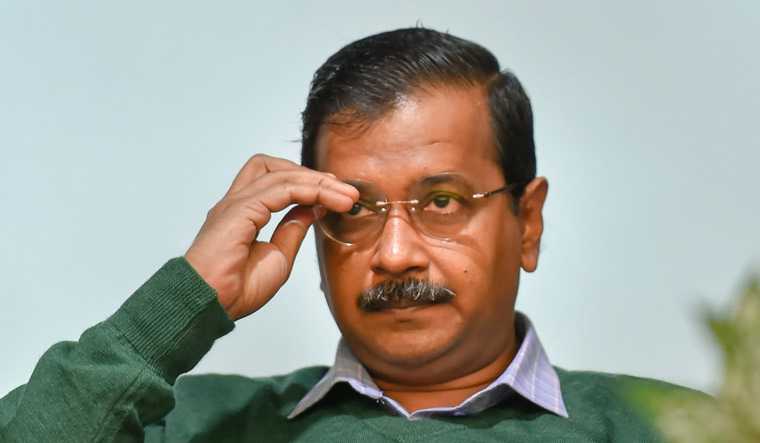
AAP’s educational reforms are heavily influenced by neoliberal policies, which emphasize deregulation and autonomy. Ironically, these policies have resulted in greater state control over educational practices, complicating the original intent of enhancing institutional autonomy. While there has been an emphasis on improving teacher quality, systemic support remains insufficient, leading to unintended consequences that hinder the realization of the reforms’ goals. Furthermore, the heavy focus on performance metrics has not consistently translated into better learning outcomes, raising questions about the true effectiveness of these initiatives.
Budget Allocation
Pre Reform (2014) 13%
Post Reform (2022) 22%
Student Teacher Ratio
Pre Reform (2014) 35:1
Post Reform (2022) 28:1
NAS Language Proficiency (Grade 8)
Pre Reform (2014) 58%
Post Reform (2022) 62%
NAS Mathematics Proficiency (Grade 8)
Pre Reform (2014) 54%
Post Reform (2022) 59%
Government School Enrollments
Pre Reform (2014) 43%
Post Reform (2022) 47%
Corporate-backed NGOs, such as Teach for India, have played a significant role in shaping the Delhi government’s education policies, promoting values of enterprise and performance that align with AAP’s vision. However, this technocratic approach often fails to address the specific needs of disadvantaged students. Moreover, the increasing reliance on corporate philanthropy to drive educational change raises critical concerns about the sustainability and inclusivity of these reforms, sparking debates about the broader consequences for public education in Delhi and beyond.
While the official narrative surrounding the Aam Aadmi Party (AAP) government’s education initiatives touts infrastructural and curricular reforms, critical questions about their actual impact on academic outcomes remain largely unaddressed. The Delhi government has implemented several programs, including Mission Buniyaad, Chunauti, Happiness Curriculum, Deshbhakti, and the Entrepreneurship Mindset Curriculum (EMC), ostensibly aimed at diversifying and improving learning outcomes. However, National Achievement Survey (NAS) data from 2021 reveals only marginal improvement, with Delhi’s government school students performing slightly better than the national average in mathematics and language, suggesting that these reforms have not yielded transformative results.
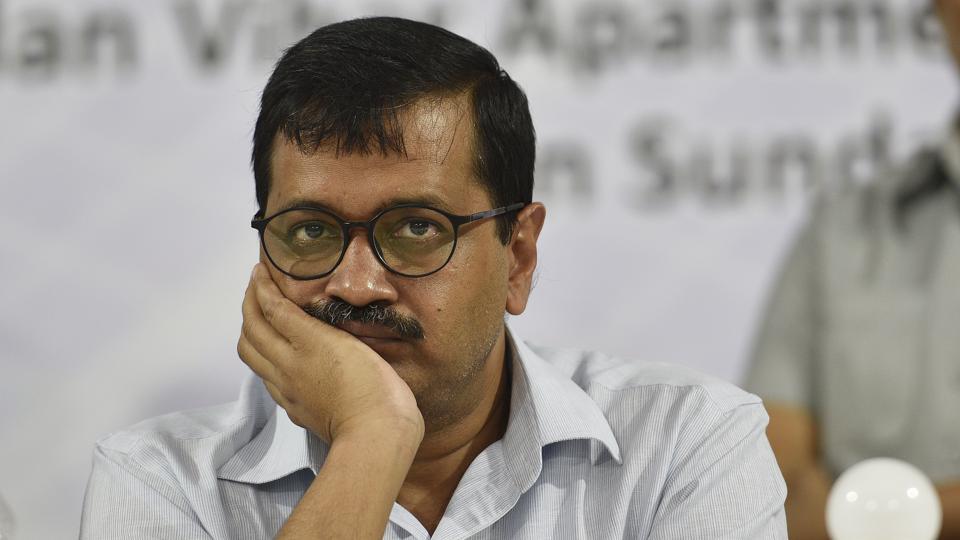
Moreover, significant disparities persist, particularly in higher grades, undermining claims of substantial educational progress. Inequities in accessing quality education continue to plague the system, with migrant children and students from marginalized backgrounds, predominantly from SC/ST communities, facing systemic barriers such as delayed enrollments and language difficulties. A particularly regressive move in this context is the Delhi government’s decision to shut down several Bal Pratibha Vikas Schools, institutions with over 25 years of legacy. Reports indicate that classes for grades 6 through 10 have already been discontinued, with plans to phase out Grade 11 in the 2024-25 academic year and Grade 12 by 2025. This decision marks a troubling step backward in efforts to promote social equity in education.
Furthermore, the sustainability of the government’s high education expenditure is increasingly questioned, especially amid fiscal constraints and mounting allegations of corruption, misallocation of funds, and inefficiencies in implementation at the grassroots level. The government’s media campaign, which presents the education sector’s reforms as a revolutionary success, appears more geared toward political gain, attempting to secure national and international attention, rather than delivering genuine educational improvement. Given the distinct socio-economic realities of other states, replicating Delhi’s model may prove problematic and unlikely to produce similar results elsewhere.
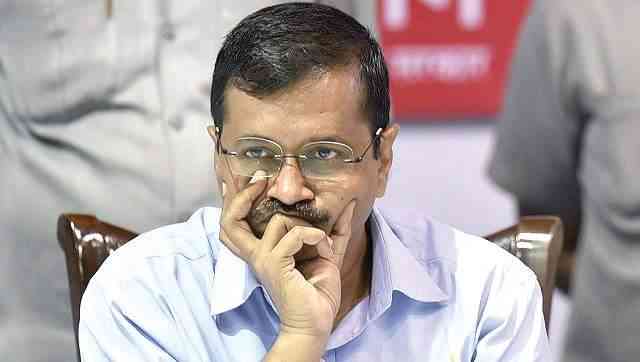
The Curious Case Of 12 Delhi Government-Funded Colleges Of Delhi University
The Aam Aadmi Party (AAP) government in Delhi frequently touts its education policies as a model of effective governance. However, while the broader reforms in public education have received some praise, the administration’s handling of the 12 Delhi government-funded colleges under Delhi University (DU) has been marred by controversy. This article critically examines the policies, funding practices, and their consequences on the academic and administrative operations of these institutions, drawing on data to highlight the systemic issues at play.
Delhi University, a prestigious institution, includes 12 colleges that receive partial funding from the Delhi government. These colleges, such as Shaheed Sukhdev College of Business Studies and Deen Dayal Upadhyaya College, have faced considerable challenges in terms of funding and governance under the AAP administration. Despite claims of prioritizing education, the Delhi government’s approach to these colleges raises significant concerns about its true commitment to higher education.
One of the most glaring issues is the consistent delay in the release of funds to these institutions. Data from 2021-2022 shows that fund disbursements were delayed by an average of three to six months, causing severe disruptions in salaries and day-to-day operations. A report from the Delhi University Teachers’ Association (DUTA) revealed that 78% of faculty and staff in these colleges experienced delayed salary payments in 2021. Additionally, the government’s budget allocation for these colleges has been widely criticized as insufficient. For example, in 2022, the Delhi government allocated INR 361 crore, a marginal increase from INR 352 crore in 2021. Adjusted for inflation and rising operational costs, this represents a real-term decline in funding, further exacerbating the colleges’ struggles.
The lack of timely and adequate funding has stymied efforts to develop infrastructure and support research activities. Many colleges have reported difficulties maintaining basic facilities such as laboratories and libraries. Moreover, funding uncertainties have hindered the recruitment of permanent faculty. As of 2024, over 40% of teaching positions remain vacant in these colleges, despite more than 5000 permanent faculty appointments across other DU colleges. This shortage has placed additional strain on the academic experience of students.
Students, in particular, have felt the impact of these administrative failures. Delays in the release of scholarships, poorly maintained infrastructure, and insufficient academic resources have led to widespread dissatisfaction. A 2022 survey among students revealed that 67% were dissatisfied with the availability of academic resources. Compounding these issues, the Delhi government’s increased involvement in the governance of these colleges has raised concerns about the erosion of institutional autonomy. Reports of politically motivated appointments and policy decisions further undermine the independence of these institutions.
The available data underscores the structural flaws in the funding and management of the 12 Delhi government-funded colleges. While the AAP government’s broader educational reforms have garnered some attention, its neglect of these higher education institutions presents a starkly different picture. The financial and administrative challenges faced by these colleges not only affect faculty and staff but also severely undermine the academic experience of thousands of students. For a government that claims to prioritize education, its failure to adequately support these colleges casts doubt on its commitment to equitable and high-quality higher education.
The Gap Between Rhetoric And Reality
While the AAP government’s education reforms in Delhi have garnered praise for their ambitious scope, they are plagued by significant practical challenges that undermine their effectiveness. Teacher experiences, the influence of neoliberal policies, and the growing role of corporate philanthropy underscore the complexities and unintended negative consequences of these reforms. For these initiatives to be truly transformative, there must be a stronger focus on improving actual learning outcomes, addressing systemic inequities, and ensuring the long-term sustainability of investments.
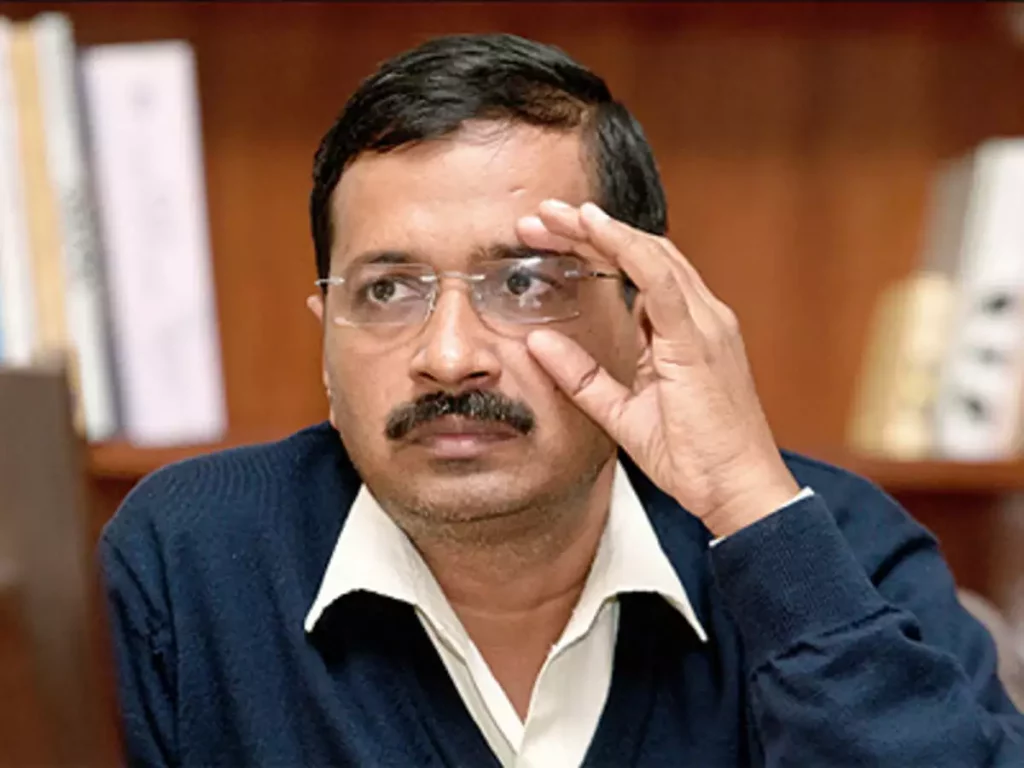
The Delhi government’s policies for the 12 DU colleges expose a troubling disconnect between lofty rhetoric and the reality on the ground. Chronic funding delays, insufficient financial allocations, and increasing administrative control raise serious concerns about the efficacy of the government’s approach. These issues demand urgent reevaluation of priorities and a more strategic, long-term vision for higher education. As other states consider adopting Delhi’s model, it is crucial to approach such reforms with a more nuanced, context-sensitive perspective. A balanced approach, one that carefully considers the diverse needs of both students and educators, is essential to achieving meaningful, sustainable improvements in Delhi’s education system.
Written by:
Mr. Debasish Parashar
Assistant Professor, Department of English
Motilal Nehru College (Evening)
